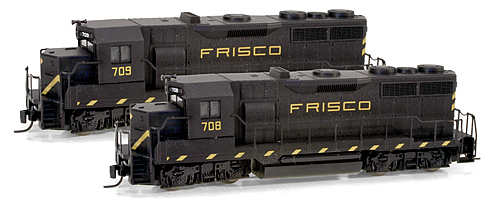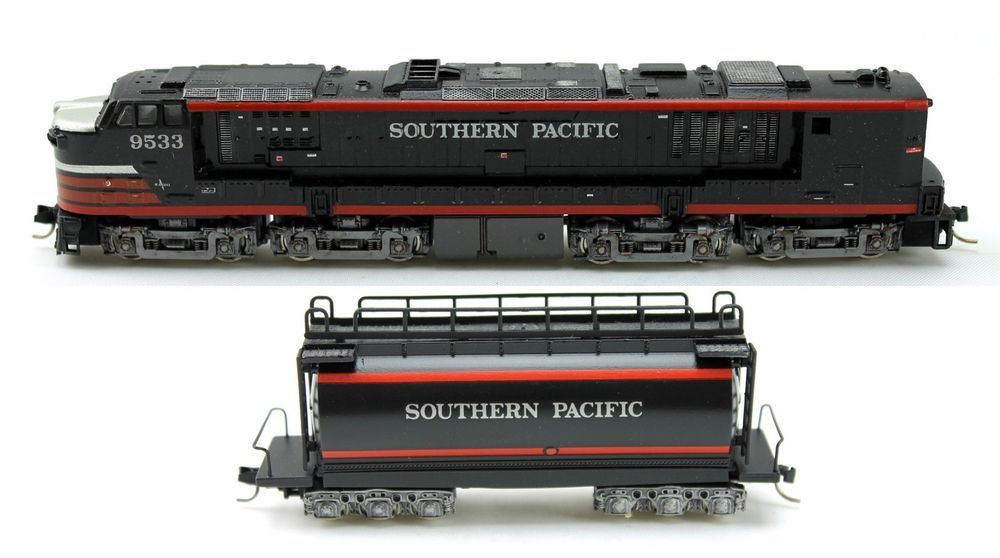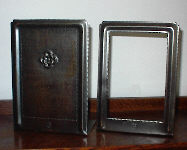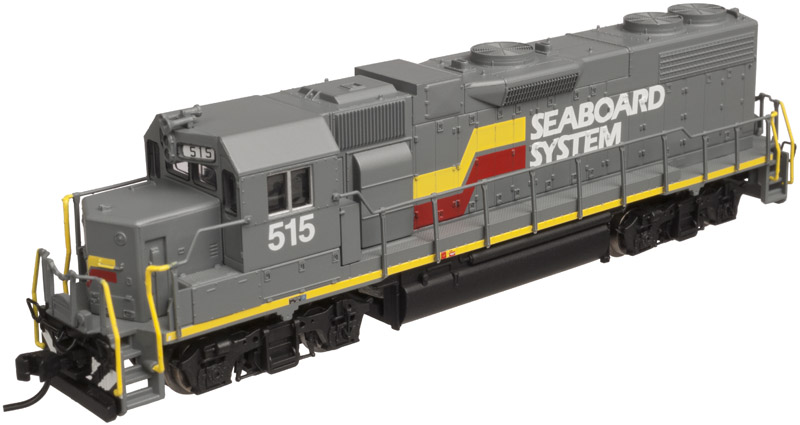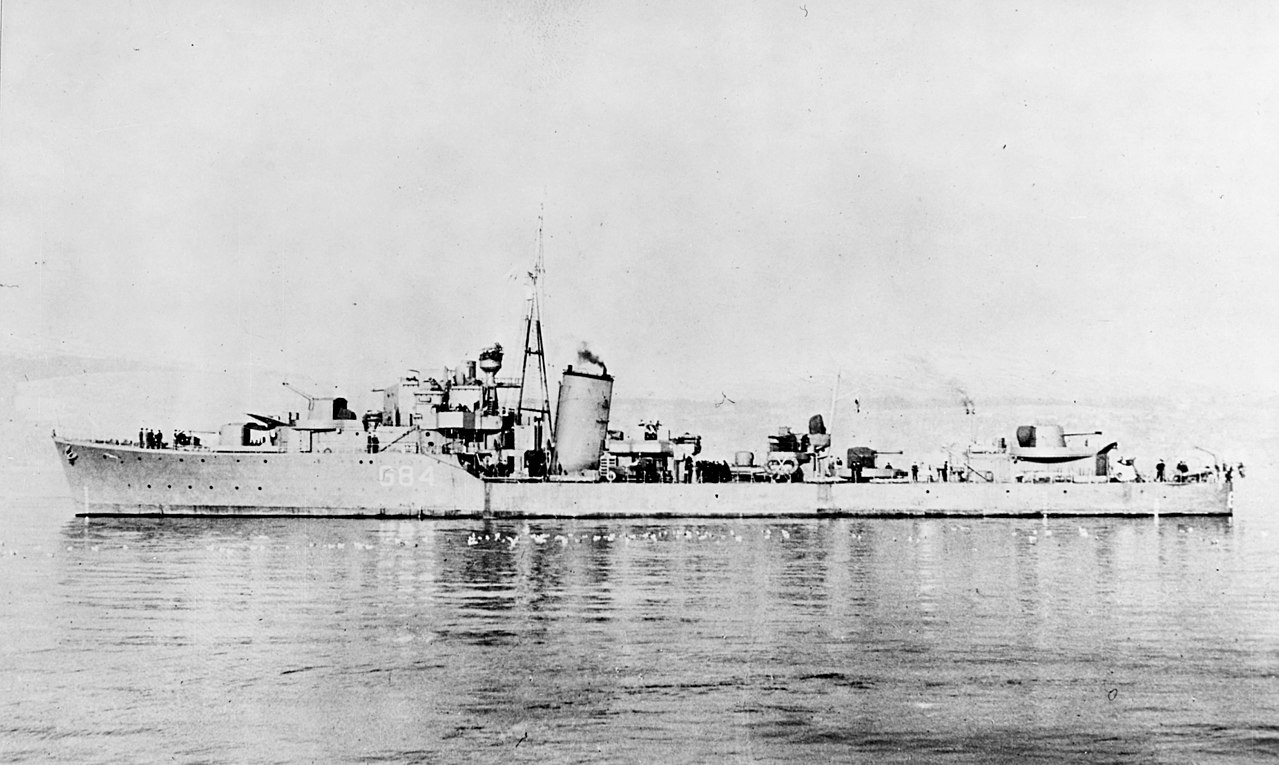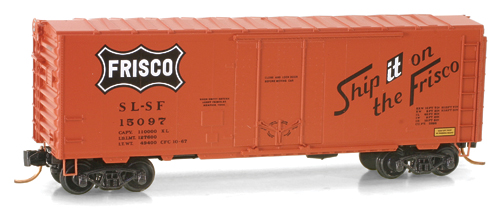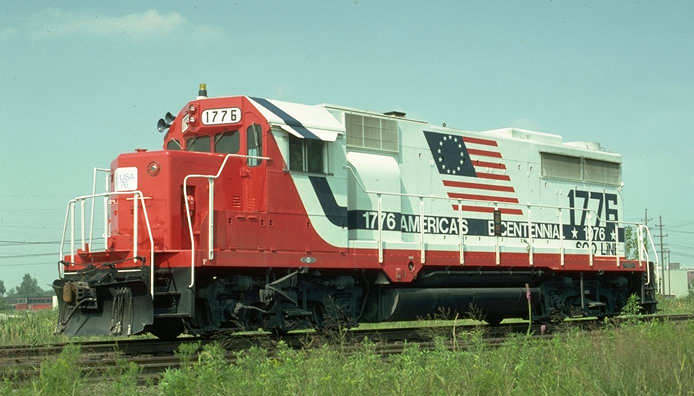Prototype History: The EMD GP35 is a 4-axle diesel-electric locomotive built by General Motors Electro-Motive Division between July 1963 and December 1965 and by General Motors Diesel between May 1964 and January 1966. The locomotive's power was provided by an EMD 567D3A 16-cylinder engine which generated 2,500 horsepower (1,860 kW).
Many railroads traded in Alco and EMD F units for GP35s, reusing the trucks and traction motors. Some railroads had EMD reuse the Alco trucks on the GP35s. Notable examples include the Gulf, Mobile and Ohio Railroad, Southern Railway, and the Ann Arbor Railroad.
1251 examples of this locomotive model were built for American railroads, 26 were built for Canadian railroads and 57 were built for Mexican railroads.
From Wikipedia
Many railroads traded in Alco and EMD F units for GP35s, reusing the trucks and traction motors. Some railroads had EMD reuse the Alco trucks on the GP35s. Notable examples include the Gulf, Mobile and Ohio Railroad, Southern Railway, and the Ann Arbor Railroad.
1251 examples of this locomotive model were built for American railroads, 26 were built for Canadian railroads and 57 were built for Mexican railroads.
From Wikipedia
Road Name History: 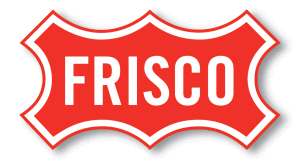 The St. Louis - San Francisco Railway (reporting mark SLSF), also known as the Frisco, was a railroad that operated in the Midwest and South Central U.S. from 1876 to April 17, 1980. At the end of 1970 it operated 4,547 miles (7,318 km) of road on 6,574 miles (10,580 km) miles of track, not including subsidiaries Quanah, Acme and Pacific Railway or the Alabama, Tennessee and Northern Railroad; that year it reported 12,795 million ton-miles of revenue freight and no passengers. It was purchased and absorbed into the Burlington Northern Railroad in 1980.
The St. Louis - San Francisco Railway (reporting mark SLSF), also known as the Frisco, was a railroad that operated in the Midwest and South Central U.S. from 1876 to April 17, 1980. At the end of 1970 it operated 4,547 miles (7,318 km) of road on 6,574 miles (10,580 km) miles of track, not including subsidiaries Quanah, Acme and Pacific Railway or the Alabama, Tennessee and Northern Railroad; that year it reported 12,795 million ton-miles of revenue freight and no passengers. It was purchased and absorbed into the Burlington Northern Railroad in 1980.
The St. Louis - San Francisco Railway was incorporated in Missouri on September 7, 1876. It was formed from the Missouri Division and Central Division of the Atlantic and Pacific Railroad. This land grant line was one of two railroads (the other being the M-K-T) authorized to build across Indian Territory. The Atchison, Topeka and Santa Fe Railroad, ATSF, interested in the A & P right of way across the Mojave Desert to California, took the road over until the larger road went bankrupt in 1893; the receivers retained the western right of way but divested the ATSF of the St. Louis-San Francisco mileage on the great plains. After bankruptcy the Frisco emerged as the St. Louis and San Francisco Railroad, incorporated on June 29, 1896, which also went bankrupt. On August 24, 1916 the company was reorganized as the St. Louis - San Francisco Railway, though the line never went west of Texas, being more than 1,000 miles (1,600 km) from San Francisco.
From Wikipedia

The St. Louis - San Francisco Railway was incorporated in Missouri on September 7, 1876. It was formed from the Missouri Division and Central Division of the Atlantic and Pacific Railroad. This land grant line was one of two railroads (the other being the M-K-T) authorized to build across Indian Territory. The Atchison, Topeka and Santa Fe Railroad, ATSF, interested in the A & P right of way across the Mojave Desert to California, took the road over until the larger road went bankrupt in 1893; the receivers retained the western right of way but divested the ATSF of the St. Louis-San Francisco mileage on the great plains. After bankruptcy the Frisco emerged as the St. Louis and San Francisco Railroad, incorporated on June 29, 1896, which also went bankrupt. On August 24, 1916 the company was reorganized as the St. Louis - San Francisco Railway, though the line never went west of Texas, being more than 1,000 miles (1,600 km) from San Francisco.
From Wikipedia
Brand/Importer Information: Micro-Trains Line split off from Kadee Quality Products in 1990. Kadee Quality Products originally got involved in N-Scale by producing a scaled-down version of their successful HO Magne-Matic knuckle coupler system. This coupler was superior to the ubiquitous 'Rapido' style coupler due to two primary factors: superior realistic appearance and the ability to automatically uncouple when stopped over a magnet embedded in a section of track. The success of these couplers in N-Scale quickly translated to the production of trucks, wheels and in 1972 a release of ready-to-run box cars.
Micro-Trains Line Co. split off from Kadee in 1990 to form a completely independent company. For this reason, products from this company can appear with labels from both enterprises. Due to the nature of production idiosyncrasies and various random factors, the rolling stock from Micro-Trains can have all sorts of interesting variations in both their packaging as well as the products themselves. When acquiring an MTL product it is very important to understand these important production variations that can greatly enhance (or decrease) the value of your purchase.
Micro-Trains Line Co. split off from Kadee in 1990 to form a completely independent company. For this reason, products from this company can appear with labels from both enterprises. Due to the nature of production idiosyncrasies and various random factors, the rolling stock from Micro-Trains can have all sorts of interesting variations in both their packaging as well as the products themselves. When acquiring an MTL product it is very important to understand these important production variations that can greatly enhance (or decrease) the value of your purchase.
Item created by: petecduffy on 2019-05-15 15:53:16
If you see errors or missing data in this entry, please feel free to log in and edit it. Anyone with a Gmail account can log in instantly.
If you see errors or missing data in this entry, please feel free to log in and edit it. Anyone with a Gmail account can log in instantly.


